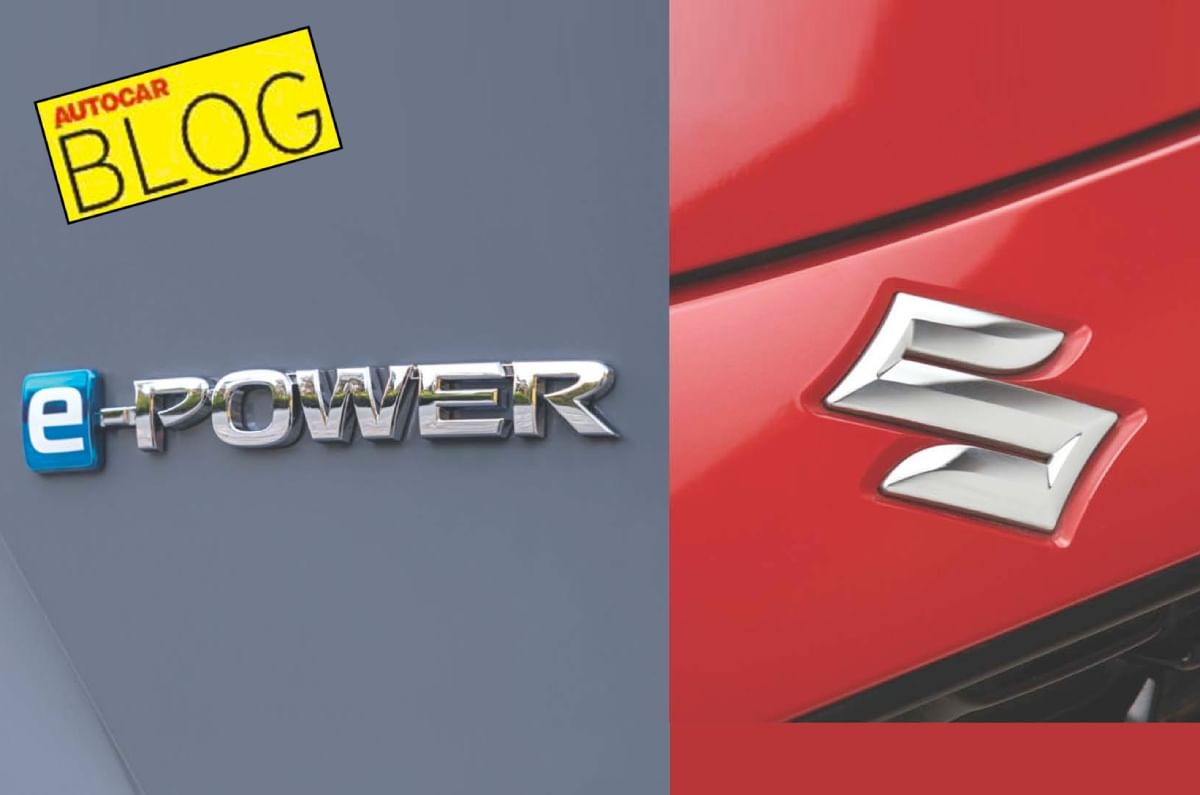A Nissan e-POWER series hybrid in a Maruti sounds challenging but is a very interesting proposition.
For a while now, Nissan has been struggling globally, including in India. In December, the Japanese automaker announced it was working with Honda on a global merger. However, early this year, it said talks had collapsed, reportedly over Honda’s desire to absorb Nissan as a subsidiary rather than entering a partnership with it, something that Nissan felt was too parasitic. Subsequently, Nissan announced a revival plan based largely on specific regionalised product plans.
In India, it involves two new locally built SUVs and a compact MPV and selling the entire controlling stake in the joint manufacturing operations with Renault in Chennai. Nissan’s cars, though, would continue to be contract-manufactured at the Renault plant. Ivan Espinosa, Nissan’s new CEO, said the brand is still open to partnerships, and that’s where I think India could offer up a small lifesaver.
Maruti Suzuki is working on a series hybrid (range extender) powertrain for its products, and if you’ve been our regular reader, you’ll know that it is developing the system on its own and not with Toyota, with whom it already shares two strong hybrid powertrains. However, the grapevine has it that there are still hurdles in the development, and that’s where Nissan could come in.
While most brands have given range extenders a wide berth, Nissan has been pretty much a flag bearer and has offered the tech – what it calls e-POWER – for a long time now. Just last month, it announced its third-generation e-POWER system. Nissan could thus provide its series hybrid tech to Suzuki. Yes, there’s a whole lot more to consider, like the business case for adding another powertrain to Suzuki’s line-up, but if there’s any manufacturer that has volumes to justify this, it is Maruti Suzuki. Remember, they already do this with the Grand Vitara, which has two powertrains, one a Suzuki and the other a Toyota.
The technical feasibility and costs of integrating the Nissan system into a Suzuki vehicle will have to be looked at as well. Here, too, if there’s one maker that can keep a keen eye on costs, it is Maruti. Of course, if these hurdles are cleared, it will still depend on how far down the road Suzuki is with its own development. Too far ahead, and clearing the earlier challenges would be moot. However, a Suzuki-Nissan tie-up for e-POWER is an interesting proposition; the efficiency of the Nissan system in a Maruti is something that will surely excite our market. What would also be nice about this partnership is that the two have worked together before with badge-engineered products like the Maruti A-Star/Nissan Pixo. It would be quite a symbiotic relationship, with Nissan able to help someone else and, in that process, save itself, too.
Also see:
Renault Duster, Bigster hybrid under evaluation for India
Delhi govt considers waiving road, registration taxes on hybrid cars
Ford EV strategy reworked to now include range-extender hybrids


